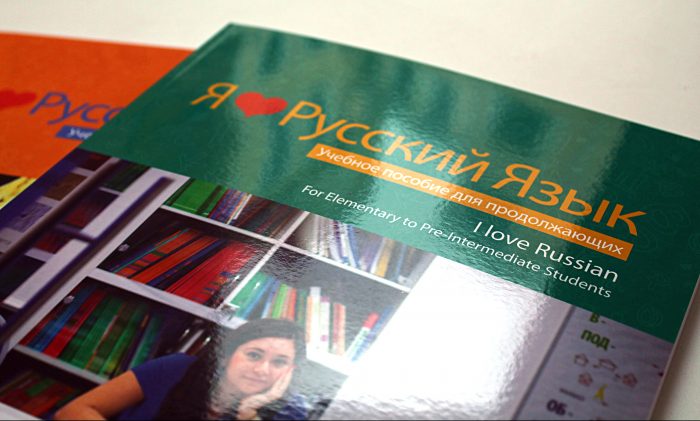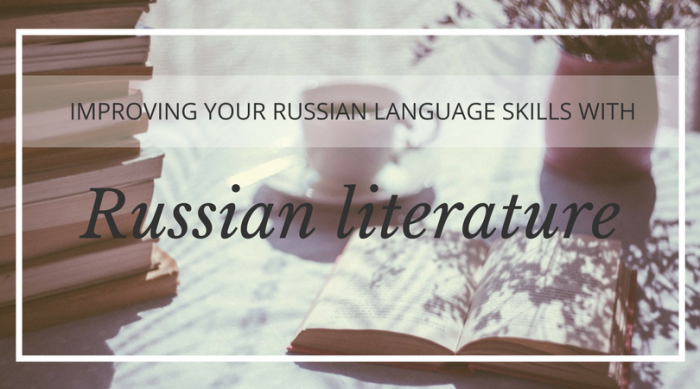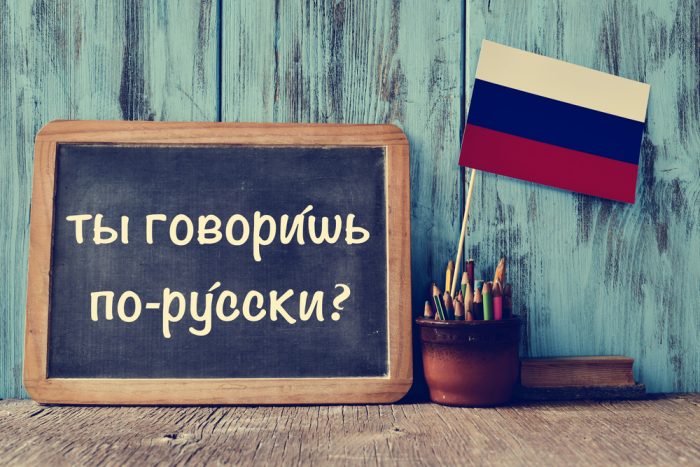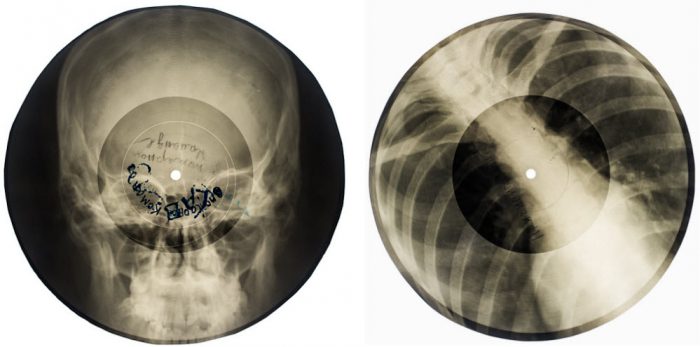
What makes cinema so important for Russians? What is its cultural importance? Read below!
The challenge of the Soviet cinema.
After the first world war the Soviet Union was in a state of disarray. Lenin’s first task was to consolidate the people and to communicate with the masses. Film was identified as the most effect method to effectively unify the Russian people. Although at the fall of the Romanov dynasty illiteracy was around 75 %, the people could read and understand the messages in cinema. Film was universally accessible, it required nothing from the audience, not even literacy. It was therefore the perfect medium to transmit a consistent Soviet message to people from differing walks of life. Lenin himself noted that whilst many thousands may appreciate the spectacles of Moscow, many millions were striving to count and learn that the earth is governed by laws of nature and not witches and wizards.
The idea.
Anatoli Lunacharsky was the first Soviet People’s Commissar of Education and believed that cinema had to be used to transmit Soviet ideals to the masses and that propaganda must be its fundamental aim. He also believed that cinema had the ability to stir audiences’ emotions and unite them under a single cause. Trotsky was of the opinion that an adult’s character was formed based on what they did in their leisure time, outside of work. He therefore saw cinema as having a higher purpose, for use as a ‘weapon of education’. For years the only method of education available to the the peasant masses was that provided via the church. It was able to teach people based on what it deemed was important. They had a monopoly of sorts over the minds of the public. Trotsky believed that the cinema could become the state’s church in the field of indoctrination and education and that the role of film in breaking up the church was as simple as offering another median of information.
The solution.
With the goal of popularising the Soviet cause, Sergei Eisenstein, a very famous and popular Soviet film director, produced a film called ‘Strike’. In it, he promoted a distaste towards the old way of Imperial Russia. Eisenstein cross-cut extra-diegetic elements into his montage in order to further influence the audiences’ emotions. This technique involves the insertion of elements which are in fact foreign to the sequence, but are able to evoke some form of emotional response from the audience. One example of this occurs in a sequence towards the end of the film, which portrays a violent suppression of the worker’s revolt, cross-cut with actual footage of the slaughtering of a cow. The slaughter makes viewers feel uncomfortable and when in this fragile emotional mind-set, the sequence reminds them of the helpless state of the workers at the hands of the merciless Imperial Guard, through the metaphor of the slaughtered cow as a representation of the workers. This use of montage, stirring the emotions of the viewer shows two sequences; a cow being slaughtered and workers being oppressed, yet a single message: ‘That Imperial Russia abused the working class and the people were right to rise up against such oppressors.’ This moment in the film was particularly powerful as it referenced an event which had already taken place, Eisenstein was not trying to convince an audience, he was just honouring something that they had already done.
What is your favorite Russian or Soviet movie? Let us know in the comment section!

Students will be happy to learn that the Russian Government has today announced plans to make Russian language easier in an effort to simplify greater international engagement. …

In a previous post, we revealed that Russians don't really say “na zdarovje” when they toast. While the phrase has been popularised in English language media – and a lot of Russians will nod politely and clink glasses with you if you use it – it’s not something a native speaker would ever…

Improve your Russian while working as an expat? Mission possible! …

What could be a better way for Russian immersion than reading, especially when you read the books that you find interesting and that can give you a better idea of the culture of Russia? Co-founder of Liden & Denz, Walter Denz shares his experience on how reading Russian literature can improve your…

Learning a language is hard. Keeping it when you don't have classes is even harder. So this article is not about how to learn Russian, but how to maintain your Russian. …

I love Russia. I have been living in St. Petersburg for almost two months, and after travelling all around the world it feels like I have finally found a place where I would see myself settling down. The inexorable beauty of the streets, the architecture, the importance of art and culture, the water…

Oh, the Russians! I was recently watching the last season of Stranger Things and, to my surprise, Russians are quite present there. For those of you who might not be familiar with the TV series, it is set on an American town during the 80s. And what do we recall from those times? The unique fashion…

In an attempt to improve my Russian skills, I decided to start watching a TV series in Russian. After thorough research, the result of which you can read on my post about how to learn Russian with Netflix, I decided I would start watching Fartsa. I am no sure of how much Russian I am learning thanks…